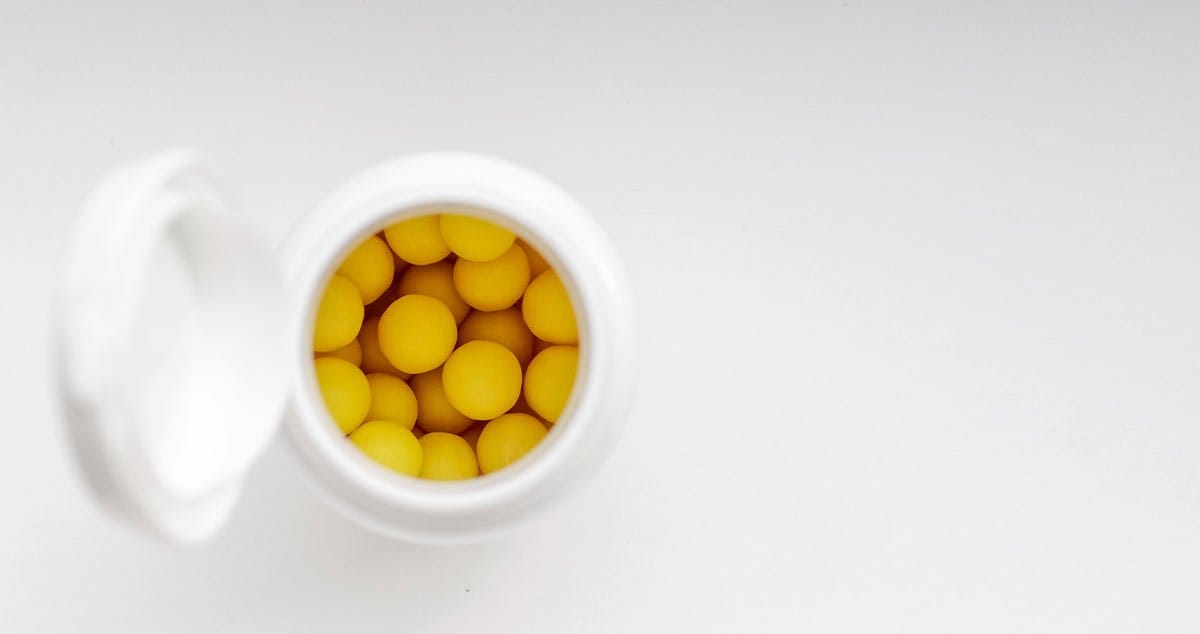Stress Management a Necessity for the Recovering Addict

- Meditation The Mayo Clinic has written about the benefits of using meditation to handle daily stress. Meditation, which can be practiced in a variety of forms, can help relieve the pressure of a difficult meeting, waiting in line, or a traffic jam.Meditation can be silent or performed with chanting. It can be practiced sitting, lying down, in the car or anywhere. Meditation is now considered a type of mind-body complementary medicine because it produces a deep state of relaxation and a tranquil mind. Meditation allows the mind to narrow its focus while calming activity in the brain and body.According to the Mayo Clinic, there are a number of benefits derived from meditation such as:
- Gaining a new perspective on a stressful situation
- Building skills to manage stress
- Increasing self-awareness
- Learning to focus on the present
- Reducing the impact of negative emotions
There are a variety of meditation practices, each with its own approach. The practice of mindfulness meditation is one of the easiest mediation techniques to perform in daily life. In mindfulness meditation, the focus is on a present awareness, breathing, and sounds that impact the here and now. Mindful meditation engages one as an observer of one’s thoughts and feelings without engaging in them. One watches or feels these thoughts without judgment. (source: http://www.mayoclinic.com/health/meditation/HQ01070)
- Journaling Keeping a journal can help release stress by writing about it. A journal is personal, the writing can be fragmented or it can be beautiful prose, it does not matter. The purpose of the journal is to release that which is bothersome. Destructive thoughts, such as cravings or resentments, can be diminished when they are vented in such an innocuous manner.
- Exercising There is a direct correlation between physical activity and the brain’s release of dopamine and endorphins, feel good chemicals produced naturally in the brain. Exercise can also be used as a sleep aid, helping the body to relax and regroup after a stressful day.
- Affirmations Writing and reading your own affirmations is a powerful tool to manage stress. Life-affirming statements guide us and shape our attitudes during the day. They give us a frame of reference through which to perceive the day and the day’s events. Affirmations can provide one with the motivation to change in big and small ways. Change for the positive, even if it is a simple thought, empowers self-esteem and self-realization.
- Take up a creative hobby Allowing your focus and energy to be channeled into an activity that gives you joy reduces stress. Whatever makes you feel alive, productive and calm is worth your time and effort as long as it is not ultimately destructive to yourself or others.
- Humor Humor is a wonderful tool for releasing anxiety and stress. It helps lighten your mood while physically releasing positive chemicals in the body, which improve mood. Research has demonstrated that laughter can heal the feeling of emotional burdens and physical pain. In recovery, addicts tend to take themselves and their problems too seriously. Laughter can place things back in perspective.
Recovery is a personal growth journey. It is about more than not using a drug or a drink. Should you be unable to stop using, your healing process may be delayed, but it is still possible. Drug abuse and alcoholism can be arrested with proper medical drug detox, which must be followed by a drug and alcohol rehab program. Life skills and personal insights, obtained in addiction treatment, help you avoid triggers and stressors that may lead to a relapse.
Questions? Call or Ask By Chat Now!
Our Addiction Helpline is available to anyone struggling with a drug or alcohol problem, 24 hours a day, 7 days a week. The specialists on the other end are caring, empathetic folks that have been in your shoes and want to see you get better. Let someone help you today. Call us at 866-957-4960, or Live Chat from the privacy of your computer.









